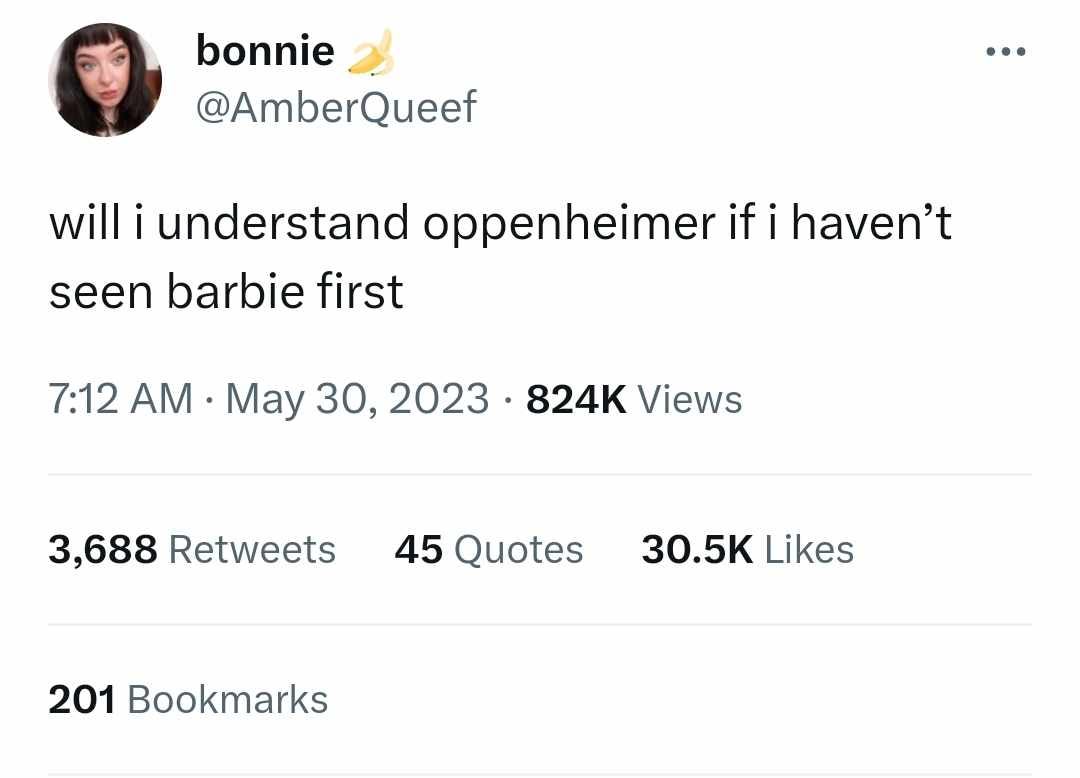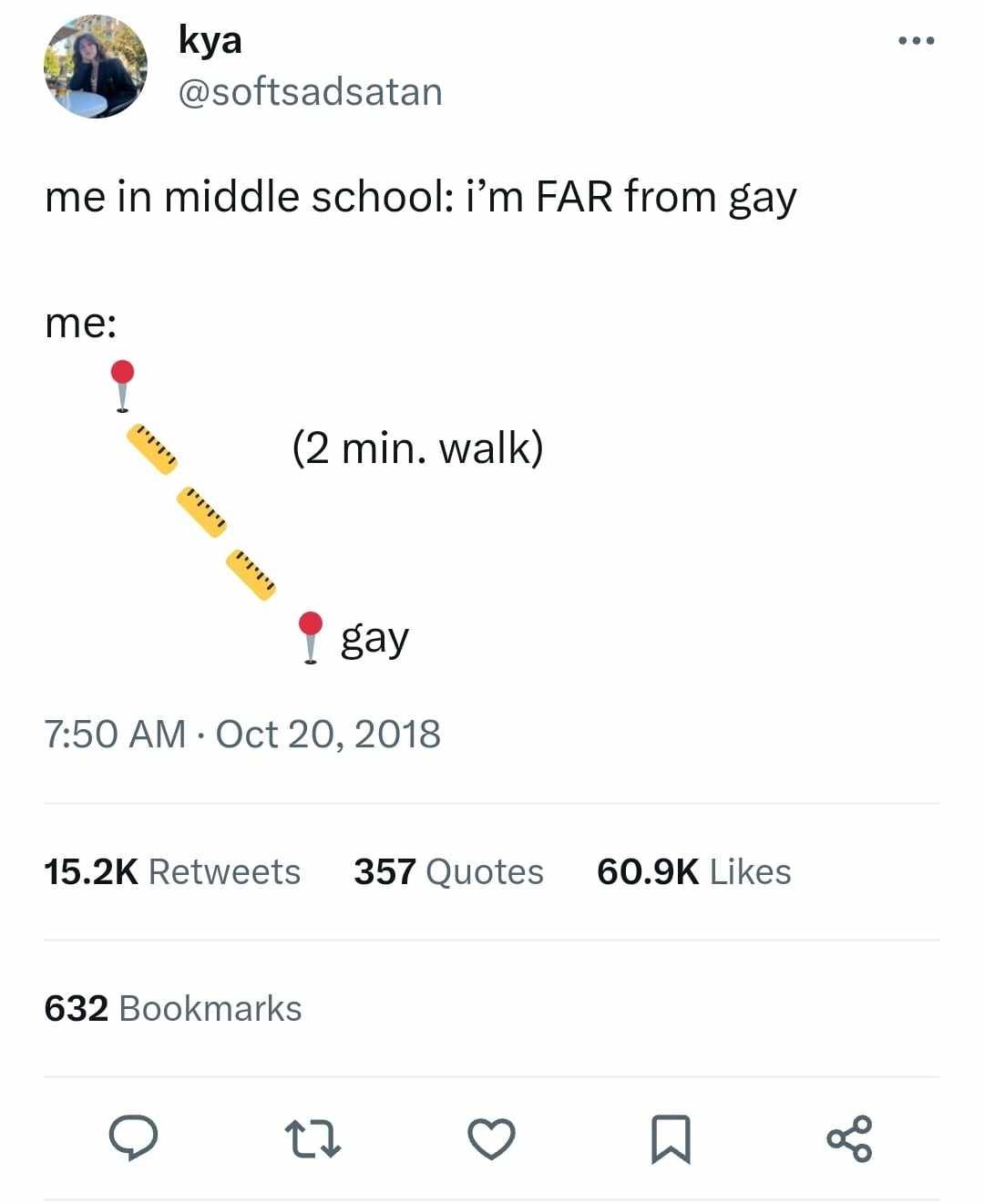Directed by Hirokazu Kore-eda
Year: 2023
Language: Japanese (Local title: 怪物)
Shaun’s Score: 4.3/5 ★
Before Watching:
If there are two things I hate in this world, they are:
Rental arbitrage mortgage fraud, and
Movie spoilers.
Spoilers come from so many sources that the average audience member is desensitized and even welcomes them with open arms—take, for example, trailers. Films are (by most metrics) more enjoyable when you go in cold and have no reasonable expectation of what you’ll see, but studios want to sell tickets and viewers don’t want to waste their time and money on anything they’re not sure is “their type” of film, even if that means pre-watching all of the plot.1 Some trailers show almost the entire story (take for example Hacksaw Ridge or The Menu), such that you already know essentially what’s going to happen for the first 75% of screen time. Spoilers can also come from reviews (thus why I split all of mine in half), or in the case of Hirokazu Kore-eda’s latest stunner, awards. One of the prizes it picked up at Cannes is a major tip-off of what the film is concealing, so I’ll avoid mentioning it until the After Watching column, and I suggest you don’t do any further Googling before your screening.
If there are two things to expect in a Kore-eda premiere, they are:
A dissection of family dynamics, and
Sentimentalism.
Monster does exhibit both of these staples, but in a reimagination of his traditional form. Unlike Like Father, Like Son (Jury Prize 2013) or Shoplifters (Palme d’Or 2018), Monster has a different screenwriter (television writer Yuji Sakamoto) and approaches the narrative through tightly wound layers. Saori (played by Shoplifters’ Sakura Andō) is a single mother who grows increasingly concerned about her tweenage son Minato’s (Kurokawa Soya) mental health. He asks strange questions, becomes socially withdrawn, and seems prone to rash impulses—when pressed, his answers hint at something amiss with his teacher Mr. Hori (Eita Nagayama). Determined to help her son, Saori confronts the school principal (the brilliant Tanaka Yuko), but the reality of Minato’s troubles are more complex than just a bogeyman hiding under the bed.
If there are two things2 they love in Japan, they are:
Collateralized Loan Obligations, and
Slice-of-life cinema.
Kore-eda’s interpretation of Sakamoto’s sublime source material is masterful—other directors might have fallen into the trap of setting this TV-like script melodramatically, but Kore-eda affords us time to process its tenderness via his humanist, signature slice-of-life style (ergo, he uses his sentimentalism for good instead of evil). The duo employ the classic tool of rewinding and showing the same sequence from another perspective to render the story as a series of questions in lieu of easy answers—cinematic tricks, with enough treats woven in to leave our candy bags full. Monster revels in this density, leaning on artifice to unpack its emotional foundation and pull viewers into its vortex of motivations. It may be Kore-eda’s strongest production to date, managing an astonishing amount of emotion in 126 minutes (did he chug a Monster Energy before filming?). In any case, the Cannes jury liked it, so that’s one award Paul Dano managed to not screw up.
P.S. The film is tied together beautifully by the original score of Academy Award-winner Ryuichi Sakamoto. He passed away before the Cannes release, and the film is dedicated to his memory.
Monster premiered In Competition at the 2023 Cannes Film Festival, where it won the Prix du Scénario (Best Screenplay). It is now available theatrically in France, Japan, Australia, Hong Kong, Singapore, Germany, and Czechia, with U.S. release dates to be announced soon.
After Watching:
The aforementioned other award was the Queer Palme3. Previous winners include Portrait of a Lady on Fire (2019) and La Fracture (a 2021 low-tier French drama that just… happened to include some lesbians? I guess sometimes the committee doesn’t have much to work with). Luckily, there is more to Monster’s texture than just the gay coming-of-age bit, and you can still enjoy the film with the spoiler idea in mind that Minato might be struggling with his sexuality.
Monster has inspired some comparisons to Lukas Dhont’s Close (2022) for its gentle depiction of a more-than-friends connection at a young age. I think the cinematic world is wide enough for both works to play with the idea, but Kore-eda scores more points for his non-cloying follow through. It’s also a braver inclusion in Japanese cinema than Belgian, evidencing Kore-eda’s attempts at progressive redemption after his pro-life release of Broker (2022). That’s it, Hirokazu—human rights are a good thing, buddy.
Monster wears many hats, addressing the unintended ripple effects of gossip and lies, as well as the visceral drives of shame and self-preservation. Both principal Makiko and Minato hurt those around them in their deceptions, unleashing a network of consequences to handle their shame. But unlike Close, Monster doesn’t revolve around their tragedies, instead focusing on their connections. Kore-eda believes in the power of chosen family and empathy, and that enables this film to herald those relationships, their tolerance for confusion, and their ability for forgiveness. What do I make of the ending? It seems to me like they do, in fact, perish4, but no tears were shed; the result is ambiguous enough to spare any viewers with fragile hearts.
What makes someone a monster? Kore-eda lets the audience decide (but if you ask me, it’s making a trailer that spoils the whole film… *cough* Ambulance *cough* The Black Phone *cough*).
Consider this incredibly awkward exchange when Jimmy Fallon pressures Bong Joon-ho to explain the plot of Parasite on his show. When Bong insists he doesn’t want to say anything because the film is best when seen cold, Fallon doesn’t know how to respond and simply presses him to answer because American audiences won’t watch a movie until they know what it’s about.
The third thing would be baseball.
The Film Comment podcast also spoils this in their review… come on, people—it won’t be released in the U.S. for months!
The overexposure/fade-to-white camera choice as well as their newfound bliss (embodied by their sudden freedom and access to the train in the background) are my points of evidence.










